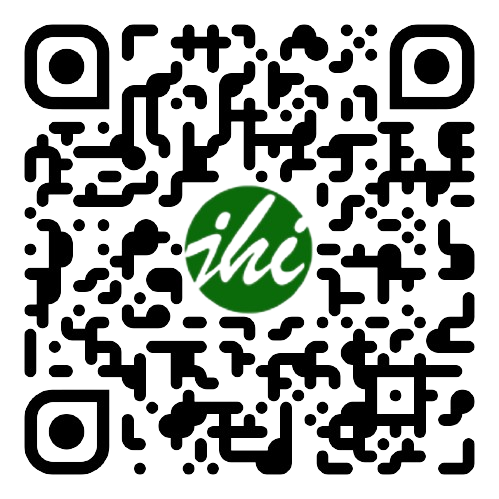Penetapan Awal Bulan Qamariyah dalam Perspektif Maqāṣid Al-shari’ah
DOI:
https://doi.org/10.28918/jhi.v16i1.1301Abstract
Determining the first day of Qamariah months (Islamic calendar), particularly Ramadhan, Syawal, and Dzulhijjah, is deemed to be an interesting issue since the difference in time comes to the surface. This difference raises a debate among the government, Islamic mass organizations, and other parties almost every year in Indonesia. For instance, the difference in determining the first day of Syawal occurred in the era of New Order following the existence of Hisab and Rukyat Agency (BHR) in 1985, 1992, 1993, and 1998. The similar difference took place again in 2002, 2006, 2007, 2010, and 2011. The present study reveals that the tendency of this issue is caused by the height of hilal (the crescent moon) and the approach in determining the first day of Qamariah months. Maqasid al-shariah (sharia goals) promoted by Jasser Audah with several methods, namely: nature cognition, interrelated hierarchy, wholeness, openness, multi- dimensionality, and purposefulness, propose problem-solving in determining the first day of these months. This study highlights that the government has been less assertive in stipulating the time that should be followed by Indonesian Muslims regarding this difference. The government, the representation of imam (leader), is obliged to facilitate and support the implementation of worship in its totality, enhance unity in diversity to minimize a number of conflicts, and realize the common good by demonstrating the renewal of the National Institute of Aeronautics and Space (LAPAN) criteria (maslaḥat 'āmmah).
Downloads
Published
How to Cite
Issue
Section
License

This work is licensed under a Creative Commons Attribution-ShareAlike 4.0 International License.
Jurnal Hukum Islam use a variety of waivers and licenses that are specifically designed for and appropriate for the treatment of data:
- Open Data Commons Attribution License, http://www.opendatacommons.org/licenses/by/1.0/(default)
- Creative Commons CC-Zero Waiver, http://creativecommons.org/publicdomain/zero/1.0/
- Open Data Commons Public Domain Dedication and License, http://www.opendatacommons.org/licenses/pddl/1-0/
Other data publishing licenses may be allowed as exceptions (subject to approval by the editor on a case-by-case basis) and should be justified with a written statement from the author, which will be published with the article.













.png)














